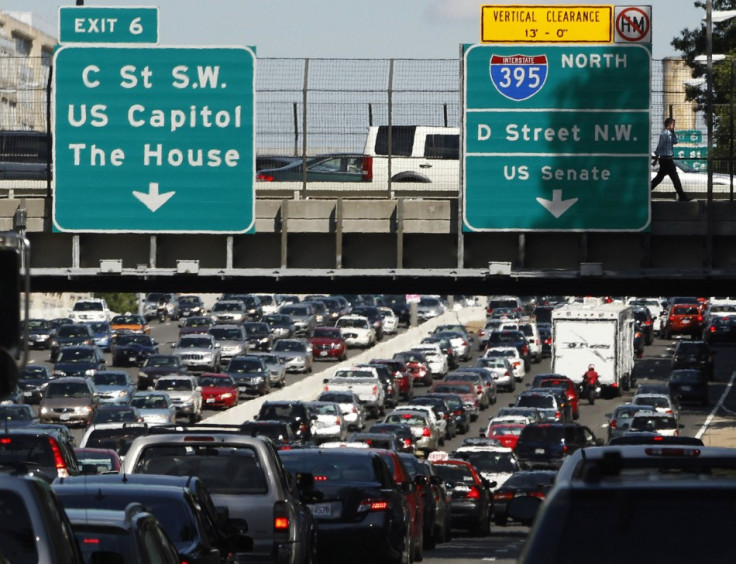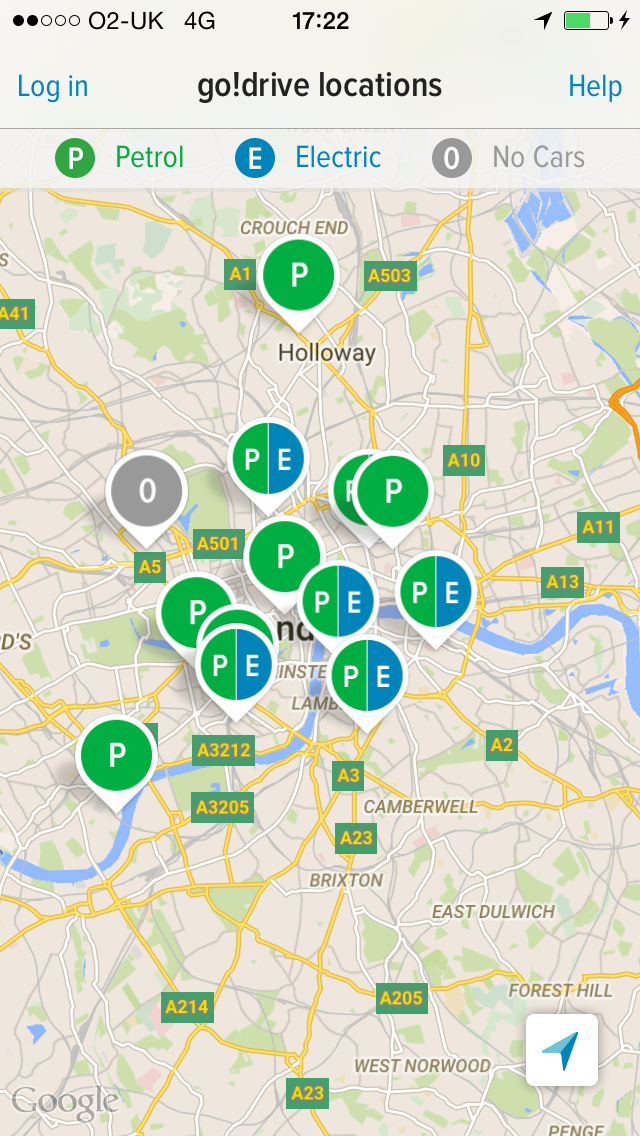Future of travel: Ford tests symbiotic system to end commuter stress

The way the world travels is changing. From bullet trains and Hyperloop to the possibility of teleportation and autonomous cars, the way we move will soon look a lot different from how it does today.
In the future public transport, walking, cycling, car ownership and car rental will all form one single symbiotic system which will revolve around the person rather than a particular single mode of transport.
That, at least, is the vision of Ford, the car company that brought car ownership to the masses over a century ago.
Ford is still a car and truck company but it is looking to the future and it has begun investigating how different systems could help people move more efficiently around the world's cities.
At Mobile World Congress in Barcelona at the beginning of March, the company unveiled prototypes of electric bikes which it believes would form part of a symbiotic network of transportation.
Innovation
Barb Samardzich, chief operating officer for Ford in Europe, spoke about its future plans in Barcelona: "Changing the way we think, collaborate and behave is essential to ensuring freedom of movement of both people and economies.
"The Ford Smart Mobility plan supports our commitment to innovation and is aimed specifically at developing smarter transportation systems that take the worry and anxiety out of journey planning and improve the quality of life in busy cities."

In London it is now testing another part of that system. Ford's City Driving on Demand project is seen by the company as "Boris Bikes for cars". The project sees Ford's electric and petrol cars parked at 15 locations around the capital available for hire by anyone signed up to the project.
Like Zipcar, the cars can be hired as and when they are available but unlike Zipcar they can be picked up at one location and dropped off at another.
I tested the system on a typical London working day, taking cars from its Victoria location just down the road to a location in Pimlico and back again.
You can see which cars are available, book a car and unlock it all using a smartphone app. You are given five minutes to get your bearings before charges (currently 17p per minute) kick in and off you go.
The locations are all very central in London and Ford said that rather than looking to hire cars for hours at a time, the project is focusing on short distances.
So who might use a system like this? Some scenarios might be:
- A businessperson who doesn't want to bring his/her car into the city but wants to have access to a car if they need to go across the city to a meeting.
- Shoppers stuck in the city centre when it is raining who don't want to get a tube with a lot of shopping bags.
- A family who wants to get home at night but doesn't want to pay for a taxi.
- A lot of people living in London don't own a car so they could use Ford's system for trips to hardware or furniture stores.
Commuter hell
The service is only just beginning and Ford is hoping that by the end of this phase of testing (November), it will have 2,000 people signed up to the service.
According to a new study by the car company, workers find commuting more stressful than the job they are travelling to get to. In London commuters say travelling to and from work is more stressful than going to the dentist or even moving home.
A study by the Office for National Statistics said each minute added to a commute affects anxiety, happiness and general well-being.
Ford's Go! Drive is just one of 25 such projects taking place around the world as part of its Smart Mobility push, which was launched earlier this year and is happening in countries across the world to address problems specific to each city:
"We are working together with a number of city authorities to provide a wider variety of affordable, accessible and sustainable transport solutions," Ford's Andreas Ostendorf said. "Pedestrian walkways, bicycles, buses, trains, vehicles, trams, shuttle buses – all of these need to be connected and integrated to optimise urban mobility in the future."
© Copyright IBTimes 2025. All rights reserved.






















